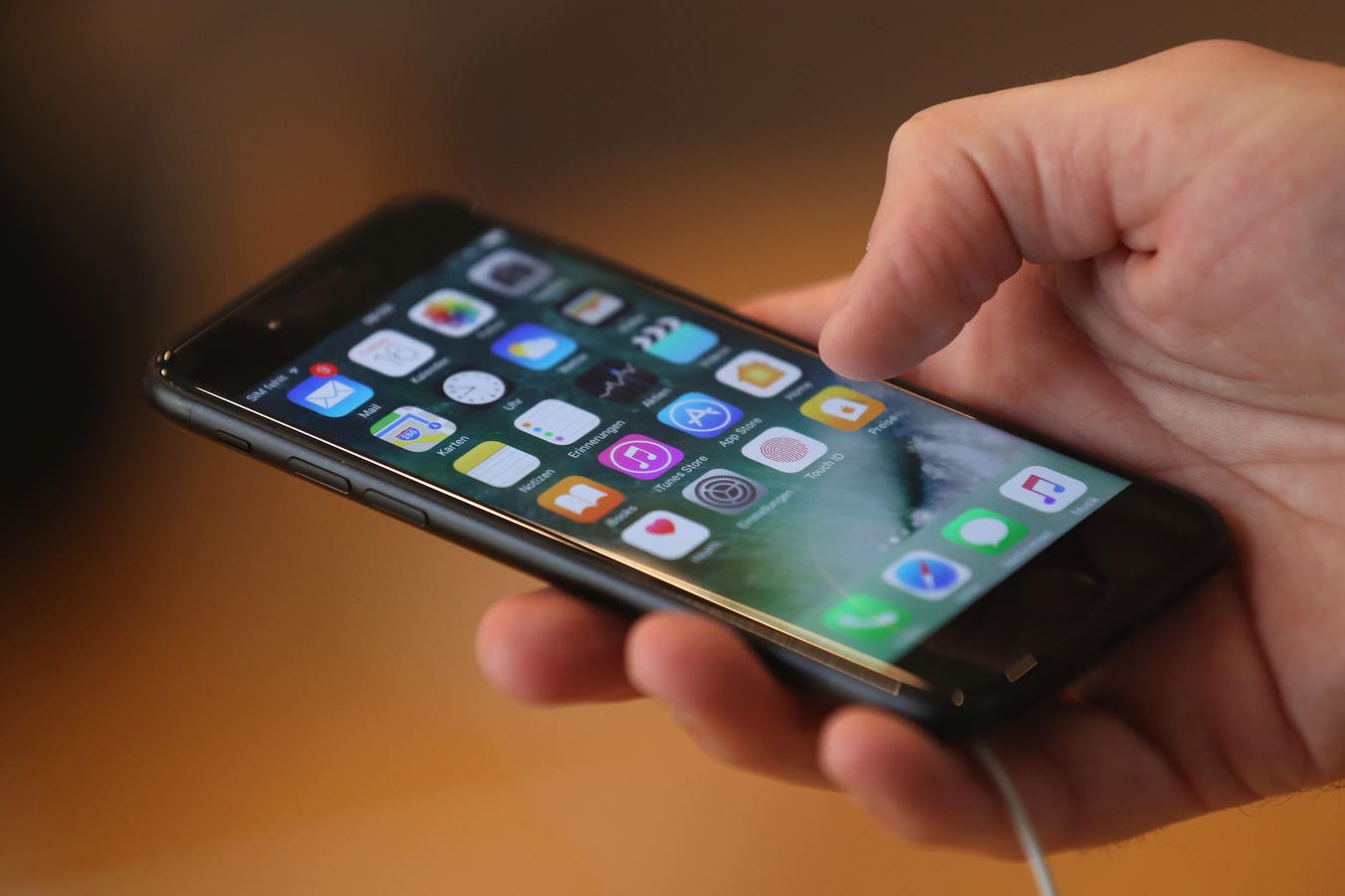Health
Parents distracted by smartphones linked to higher anxiety in children

(Photo by Sean Gallup/Getty Images)
While parents with babies spend an average of 5.12 hours a day on their smartphones, a recent study found that when a parent’s use of digital technology interrupts interactions between them and their children, it can lead to increased anxiety in the children when they are 9 to 11 years old.
This phenomenon of routine technology use (such as texting and scrolling through social media) that gets in the way of parents and their children’s regular interaction and bonding is known as “technoference” and can impact the mental health of emerging adolescents. A 2020 Pew Research Center study reported that 68% of American parents with a child under the age of 17 said their smartphones routinely distract them during interactions with their children.
“In early childhood, parental technoference is associated with a decrease in involvement between parents and children, a reduced ability to notice and meet children’s needs, less frequent and lower quality shared play and conversational exchanges, more negative reactions to children’s behavior and a higher risk of child injury,” wrote the corresponding author of the new JAMA network opened study, Sheri Madigan of the University of Calgary, and colleagues. “In adolescence, adolescents’ perceived parental technoference is associated with higher levels of parent-child conflict and lower levels of parental emotional support and warmth.”
“If children’s emotional and physical needs are consistently ignored or met inappropriately, they are at risk of developing mental health problems,” she added.
To dig deeper, the researchers recruited 1,300 emerging adolescents between the ages of 9 and 11. Their mothers and the children completed a series of online questionnaires. Some of the questions the children answered included: “I wish my parents would spend less time on their phone and other devices” and “I get frustrated when my parent is on their phone or other devices when we spending time together. ”
The children also self-reported the symptoms they experienced related to anxiety, depression, attention problems and hyperactivity. Madigan and his team noted that when the children noticed their parents indulging in more technoference, they experienced more mental health problems.
“Technology is becoming a ubiquitous part of interactions between parents and children, and a growing literature suggests that technology-based interferences have mental health consequences,” the authors said. “Higher levels of perceived parental technoference were associated with higher levels of adolescent emergent inattention and hyperactivity symptoms (but not vice versa). No substantial gender differences were identified. It is possible that boys and girls, despite experiencing different levels of mental health problems, experience the effects of parental technoference in the same way.”
“Emerging adolescents with anxiety may also be more sensitive to their parents’ technoference than emerging adolescents with lower levels of anxiety, resulting in higher perceptions of parental technoference,” they further explained. “In contrast, perceived parental technoference was associated with higher later attention problems and hyperactivity in emerging adolescents. Interestingly, explanations for this association typically focus on behavioral escalation in children (e.g., children acting out to get their parents’ attention).”











